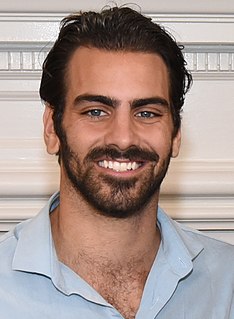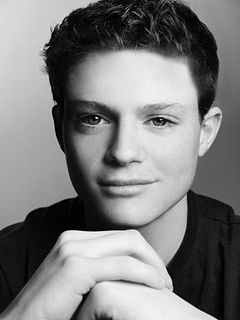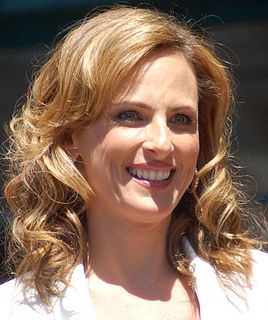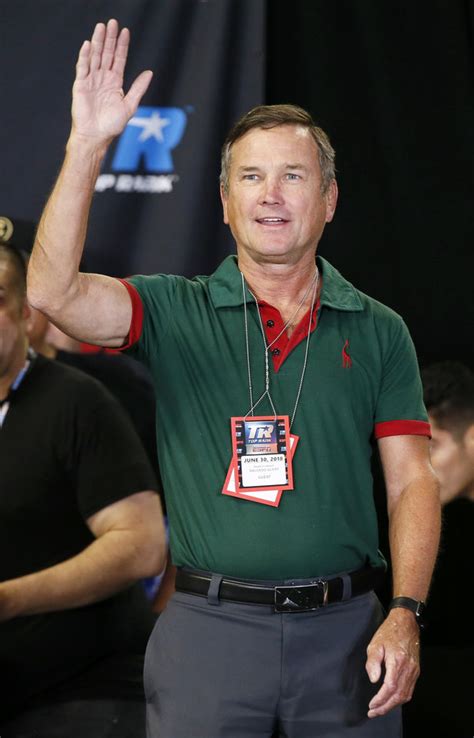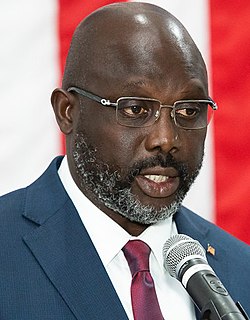A Quote by Rachel Shenton
Due to the closure of many deaf schools in the U.K., deaf children are forced to attend mainstream school. I don't mind this idea: I think it's inclusive, and it better prepares children for life in a hearing world. I don't mind this idea - if that child gets the right support.
Related Quotes
To expose the hardships experienced by children who are deprived of the right to attend school, Camfed has produced a series of films about educational exclusion. 'Every Child Belongs in School' provides a glimpse into the lives of children who have been forced by poverty to leave school at a very young age and take a difficult life path.
With 28 million children eating lunch at school every day in the United States, I believe government has an obligation to ensure parents have some peace of mind when they send their children off to school in the morning, .. Since children are particularly vulnerable to foodborne illness, schools must be vigilant in their efforts to ensure that cafeterias are not putting children at risk. These changes in law will support parents who want to work with school principals and food-service directors to ensure a safe environment.
If someone says: "I don't want to have a cochlear implant, because I want my child to grow up with a rich sense of deaf culture," he must acknowledge that the deaf culture that exists in the world today has a different scale than the deaf culture that's likely to exist in the world 50 years from now.
I tell cold callers I'm very interested but a bit deaf, my hearing aid is not working properly and can they speak up. The idea is to deliberately miss-hear what they say, ask them to repeat, only louder, and see how loud I can get them to shout. After a while I say "I'm not really deaf" and was just wasting their time, as they were doing with me.


